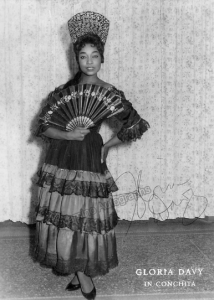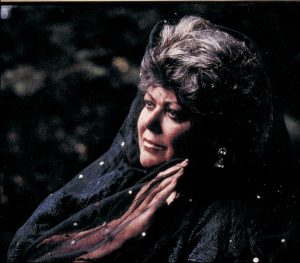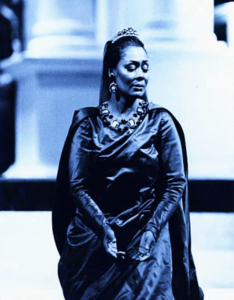Podcast: Play in new window | Download (Duration: 1:46:26 — 114.5MB) | Embed
Subscribe: Spotify | TuneIn | RSS | More
After I post a Countermelody episode on a cherished singer, my relationship with these artists continues: one of those manifestataions is that I never stop seeking out rare and unusual recordings featuring those singers. This results in a grab-bag of fascinating and often obscure material that is simply too good not to share with my listeners. Today I present you with the second episode of such genre, which I have collectively dubbed “Rescue Mission.” On this episode I feature singers you’ve heard on the podcast over the course of the past several weeks and months, including, among many others, Janet Baker, Oralia Domínguez, Eugene Holmes, Ellabelle Davis, Gilda Cruz-Romo, Benjamin Luxon, Mara Coleva, Hugo Hasslo, Margaret Marshall, Gloria Davy, and Mady Mesplé, performing work by Handel, Verdi, Weill, Bach, Brahms, Boito, and Mozart. The episode concludes with Eleanor Steber (because, as I affirmed laast week, you can never have enough of her), in a 1949 performance of “Ah, Perfido!” that will have you picking your dislocated jaw up off the floor. Also expect shout-outs to friends of the podcast, old and new, as well as a certain amount of political snippiness!
Countermelody is a podcast devoted to the glory and the power of the human voice raised in song. Singer and vocal aficionado Daniel Gundlach explores great singers of the past and present focusing in particular on those who are less well-remembered today than they should be. Daniel’s lifetime in music as a professional countertenor, pianist, vocal coach, voice teacher, and journalist yields an exciting array of anecdotes, impressions, and “inside stories.” At Countermelody’s core is the celebration of great singers of all stripes, their instruments, and the connection they make to the words they sing. By clicking on the following link (https://linktr.ee/CountermelodyPodcast) you can find the dedicated Countermelody website which contains additional content including artist photos and episode setlists. The link will also take you to Countermelody’s Patreon page, where you can pledge your monthly or yearly support at whatever level you can afford.






